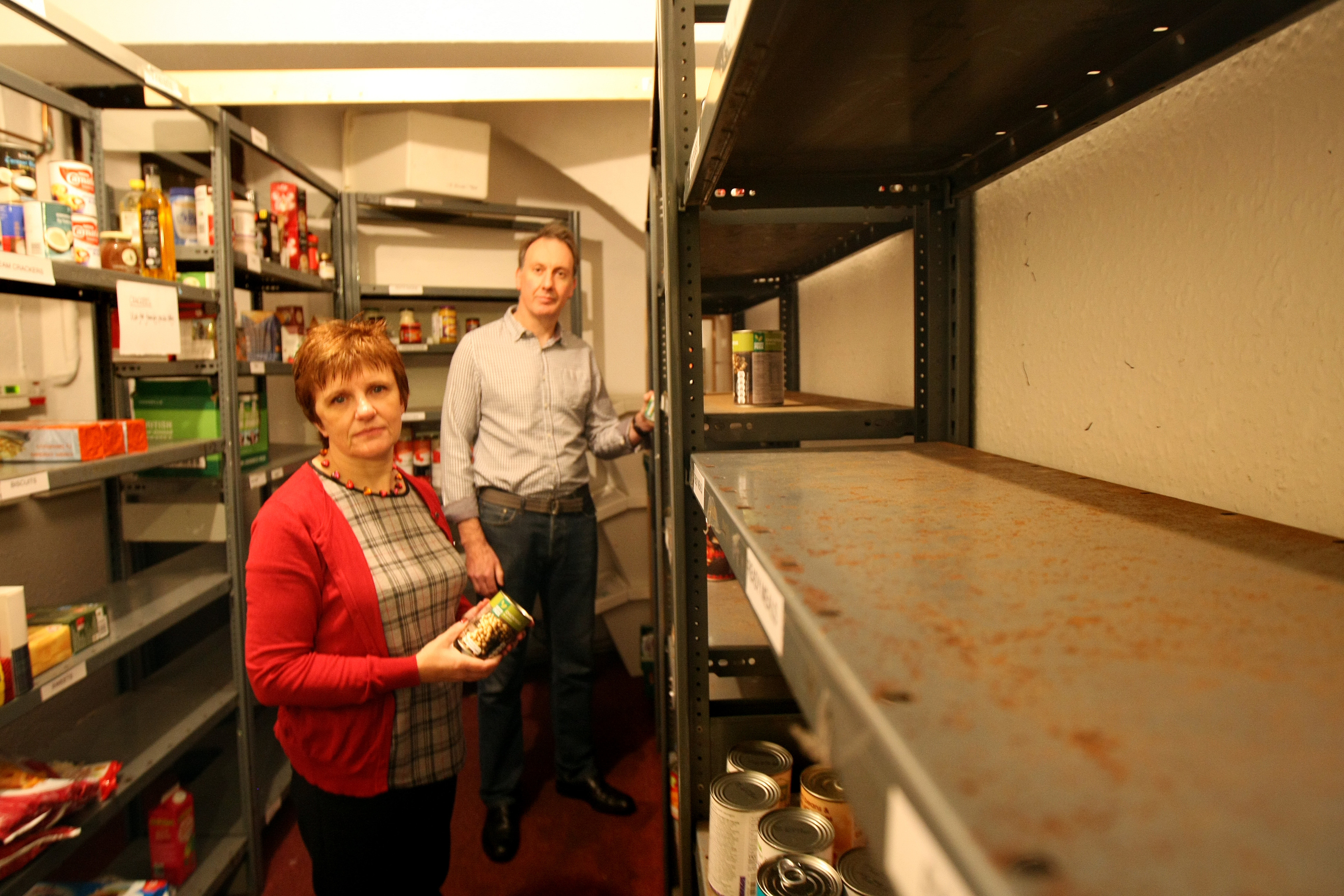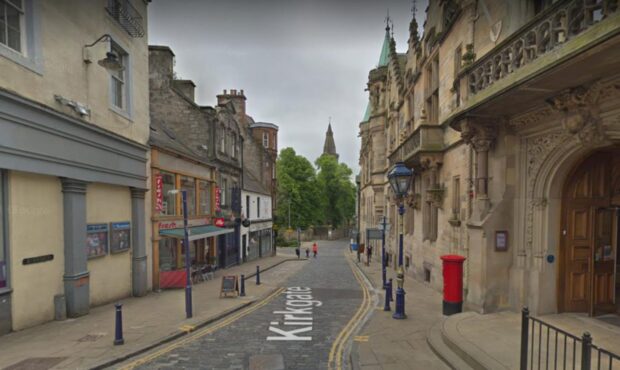Benefit sanctions and delays have been blamed for an unprecedented number of calls for help to Kirkcaldy Foodbank.
The charity issued a record 742 food parcels to 1,491 people in March, the highest demand ever recorded by volunteers there.
That amounted to 13,419 meals, compared to 4,464 issued in March 2015.
Foodbank chairperson Joyce Leggate said more than half of clients had cited benefits issues as the reason for the crisis which prompted them to get in touch.
Ms Leggate has branded the situation worrying, while Kirkcaldy and Cowdenbeath MP Lesley Laird accused the UK Government of using the third sector to prop up the welfare state.
“What we have is a deliberate unpicking by this Government of all the progress fought for over decades by our parents and grandparents,” Mrs Laird said.
It costs Kirkcaldy Foodbank £4,000 a month, over and above food donations, to buy enough provisions to meet current demand.
That bill rose to £6,000 last month and is expected to be the same again in April.
“Since November last year, with the exception of February, we have had at least 100 new clients coming forward each month for support and family numbers are rising,” said Ms Leggate.
“During 2018, benefit issues – delay, sanction and change – was the reason given by 55% of clients for the nature of the crisis which led to them contacting us.
“Captured data shows 28% of all clients are experiencing problems with benefit delays and Universal Credit but anecdotal evidence strongly suggests the true figure is much higher.”
Lesley Laird said the mission after the Great Depression was to ensure future generations would never have to go hungry or worry about heating their homes.
“Sadly, the increasing reality for too many people in our community is that is exactly what is happening,” she said.
“When we reflect that the full impact of Universal Credit is yet to fully hit then little wonder that foodbanks across the country and right here on our doorstep are saying there is a very serious problem.”
A spokesperson for the Department of Work and Pensions (DWP) said: “Universal credit is a flexible benefit that supports people in and out of work, those on low incomes and the self-employed, and it’s succeeding.
“We know that people on universal credit are moving into work quicker and staying in work longer than under the old system.”










